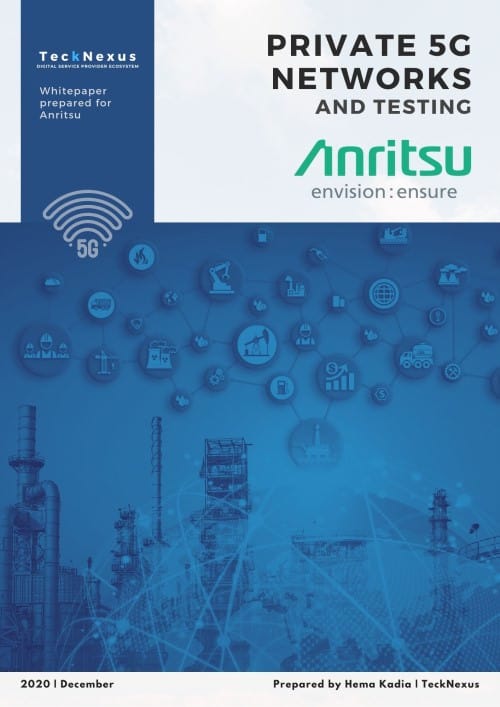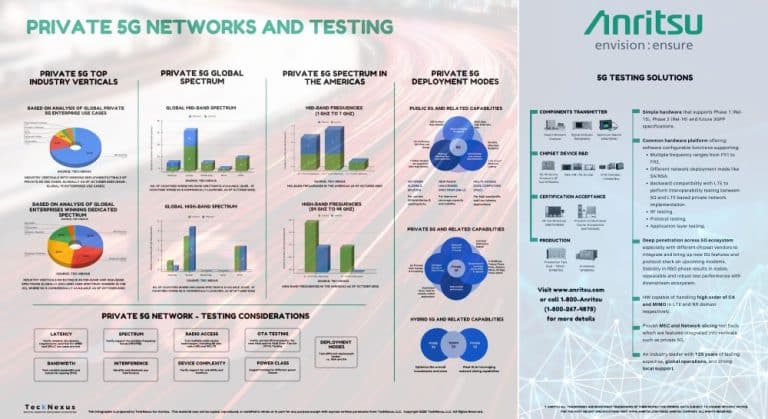The telecommunications industry is on the cusp of a revolutionary change, driven by the emergence and integration of Network APIs (Application Programming Interfaces). These tools are not just reshaping the way telecom companies operate but are also paving the way for innovative cross-industry applications. From enhancing connectivity for IoT devices to facilitating advanced mobile services, Network APIs are proving to be a game-changer in today’s digital economy.
Understanding Network APIs and Their Role in Telecom
At their core, Network APIs allow software programs to interact with network services, hardware, or operating systems. In the realm of telecommunications, these APIs facilitate access to network capabilities such as messaging, location services, and connectivity management directly to developers and businesses. This access is transforming the telecom industry by enabling more dynamic, scalable, and flexible services.
Telecom API Market Trends and Growth Outlook Through 2030
The adoption of Network APIs in telecom is driven by the need to meet the ever-growing demands for more efficient and innovative services. As presented in the recent webinar by industry leaders, the integration of these APIs allows telecom companies to offer enhanced services such as real-time communication enhancements, improved data services, and personalized customer experiences.
Looking ahead, the growth trajectory for Network APIs is robust. With the rollout of 5G and the expansion of IoT, the demand for these APIs is expected to skyrocket. Industry estimates suggest that the market size could reach approximately $30 billion by 2030, reflecting the critical role these tools will play in the digital transformation of the telecommunications sector.
Use Cases Driving Network API Adoption
One of the most compelling aspects of Network APIs is their wide range of applications across different sectors. From healthcare to automotive and finance, businesses leverage these APIs to enhance operational efficiency and create new customer experiences. For instance, in the automotive industry, Network APIs enable real-time traffic management and vehicle telematics. In finance, these APIs are used for secure mobile payments and fraud detection, showcasing their versatility and impact.
In healthcare, Network APIs facilitate the seamless exchange of patient data among different systems, improving the speed and accuracy of healthcare delivery. They also enable remote patient monitoring, thereby expanding healthcare access to rural areas. In retail, these APIs are revolutionizing the shopping experience by enabling personalized promotions and real-time customer service interactions through mobile devices.
Additionally, the entertainment industry benefits from Network APIs by providing more personalized content delivery and enhancing user engagement through data analytics. Energy sectors utilize these APIs for smart grid management and efficient energy distribution, which are critical for modernizing infrastructure and promoting sustainability.
Overcoming Network API Challenges and Building Strategic Telecom Partnerships
Despite their potential, the deployment of Network APIs comes with its set of challenges. Key among these is the need for standardization across different operators to ensure seamless integration and interoperability. Organizations like the GSMA and TM Forum are actively working to establish common frameworks and guidelines to address these challenges.
Moreover, telecom companies must consider strategic collaborations to fully capitalize on the benefits of Network APIs. Partnerships between telecom operators, API aggregators, and service providers are crucial for creating a cohesive ecosystem that supports widespread API adoption and utilization.
Another challenge is ensuring the security of the APIs, as they can potentially expose sensitive network functionalities to external entities. Telecom companies must implement robust security protocols and constantly monitor API usage to protect against unauthorized access and cyber threats.
How Telecoms Are Creating Developer-Friendly Network API Platforms
The success of Network APIs in the telecom sector depends significantly on the ability to create a conducive market environment. This involves not only developing the APIs but also ensuring they are accessible and usable for developers and businesses. Telecom companies are thus focusing on creating developer-friendly platforms that provide easy access to these APIs, coupled with comprehensive support and documentation.
Effective marketing strategies also play a crucial role in promoting the adoption of Network APIs. By highlighting successful use cases and demonstrating potential ROI, telecom companies can attract more businesses to their API platforms, further increasing the momentum of API integration across industries.
The Future of Telecom Innovation with Network APIs
As the telecommunications industry continues to evolve, Network APIs are set to play a pivotal role in its transformation. The benefits of these APIs are clear: enhanced network functionality, improved service delivery, and the creation of new opportunities across various industries. However, achieving these benefits requires ongoing efforts in standardization, collaboration, and market development.
For telecom operators and their partners, the path forward involves a strategic focus on innovation, customer-centric solutions, and ecosystem partnerships. By addressing the current challenges and leveraging the vast opportunities, the network API market is poised for significant growth, promising a future where telecommunications not only connects people but also drives innovation across all sectors of the economy.





















